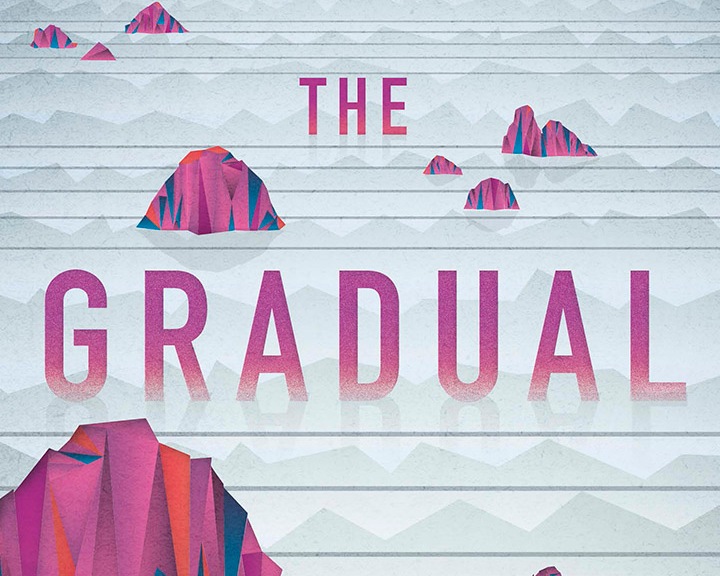I mainly seem to moan about albums I don’t like on this blog, so it’s a nice change when I get to talk about one I really like.
Parquet Courts’ third album has really grown on me as the year has progressed. I first listened to it a few months ago, not thinking too much of it, but now it’s easily one of my favourite albums of the year. At first only a few songs really stuck out to me (like ‘Dust’, which is a song that’s literally about, well, dust) though now I can appreciate that Human Performance is really stuffed to the brim with great songs. Maybe I’m just impressed that the band have managed to make seemingly mundane topics into pretty powerful songs – from the aforementioned ‘Dust’ to ‘I Was Just Here’, which is about a Chinese takeaway closing down.
Let’s start with the title track – my favourite on the album. It’s a break up song that almost entirely avoids being cheesy and cliché. It’s got a down to earth feel to it, and Andrew Savage’s usually abrasive vocals have a vulnerable feel to them. The delivery on the verses is very low-key and almost conversational, contrasting with the dark and depressing tone of the lyrics: ‘It never leaves me, just visits less often / It isn’t gone and I won’t feel its grip soften without a coffin’. The chorus gets a bit more dramatic, with an echoing effect being placed on Savage’s vocals and the instruments getting distorted. Heartbreak is a topic that’s been covered to death in music, but ‘Human Performance’ somehow manages to make it feel fresh.
‘I Was Just Here’ is another highlight, addressing how quickly things change in today’s society (a theme explored by most of the album’s songs). It has an off-kilter feel to it, with the lyrics being delivered in an almost robotic tone: ‘I’ll brush my teeth / That’s good for me’. The song explodes towards the end after the narrator realises that his favourite Chinese takeaway has closed down. It’s odd, but it works. ‘Berlin Got Blurry’ is also a favourite, being built around a jangly guitar riff that’s hard not to love. It’s got a lot of energy to it, and is probably one of the most accessible songs on the album.
Human Performance is one of those albums I love for the reasons other people probably hate it for. It’s weird. On first listen, some of the songs feel like they’re challenging the listener to turn it off. ‘Paraphrased’, for example, features some of the most over-the-top and ‘ugly’ vocals on the album. It sounds less like Savage is singing, and more like he’s just shouting at the listener. Opener ‘Dust’ similarly sounds like a bit of a challenge at first. I mean, it’s about dust, and as a result the lyrics are straight up ridiculous: ‘Dust is everywhere, sweep!’ But in the grand scheme of the album, it does a great job of setting up the themes that the rest of the tracks explore – such as the claustrophobic feel of modern city life.
One of the things I really love about this album is how rough it feels. Coming off the very clean and digital Starboy, Human Performance is refreshingly messy. The band don’t care much about making sure the listener has a ‘pleasant’ time listening to all of the songs on the album. Like I said before, ‘Paraphrased’ and its vocals are the best example of this, though you can also see it on tracks like ‘Two Dead Cops’ and ‘One Man No City’ (which is certain to annoy some people with its repetitiveness). However, there are a few moments of audio bliss, such as the digital only track ‘Already Dead’, which features an incredibly dreamy interlude.
Parquet Courts really knocked it out of the park with this album, and I’m excited to dive into their back catalogue and give their other two albums ago. The band try to do a lot of different things on this album, and most of them really work. If you’re looking for an album that’s going to challenge you a bit, I highly recommend this one.
Essential Songs: ‘Dust’, ‘Human Performance’, ‘Berlin Got Blurry’.


